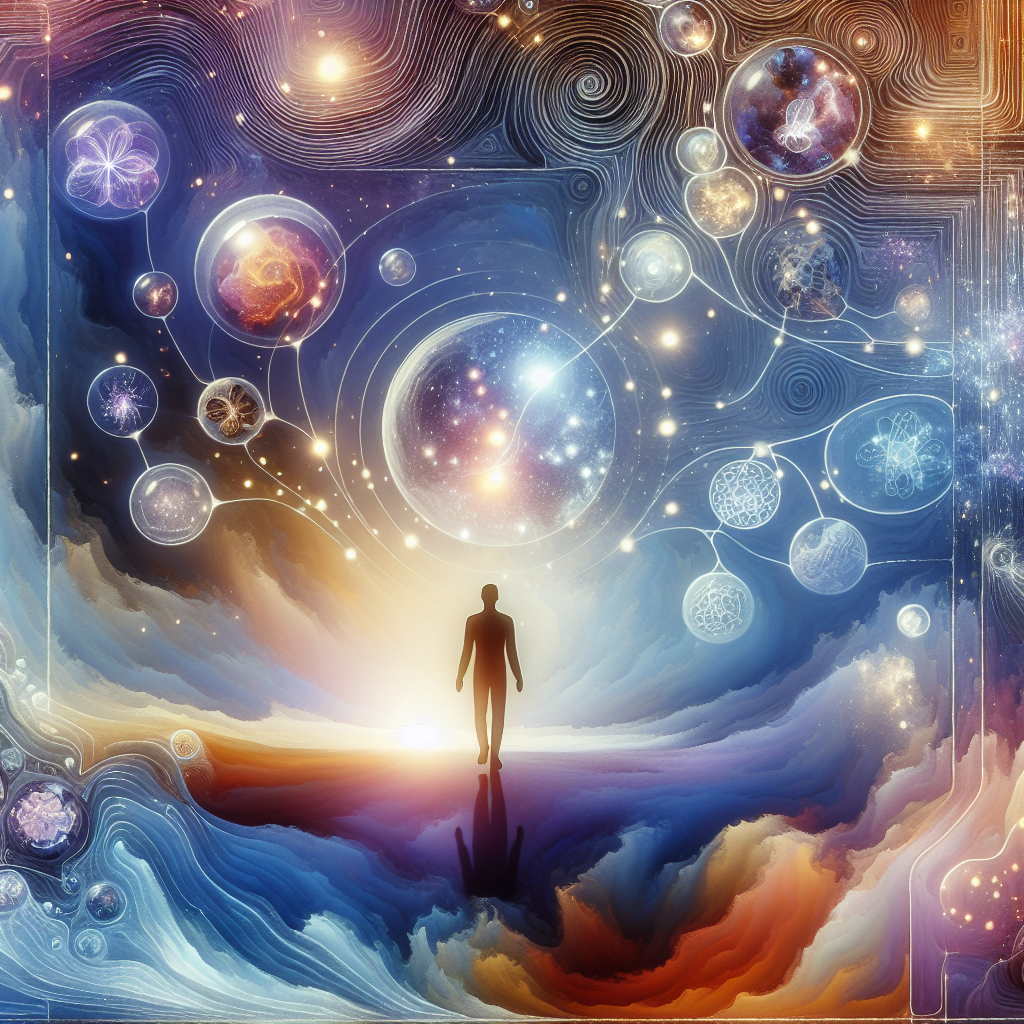The Evolutionary Puzzle of Consciousness: Intuition vs. Neuroscience
The article delves into the contentious landscape of consciousness research, highlighting over 20 theoretical models explored in 1,000 articles. Philosophers and scientists like David Chalmers and Jacy Reese Anthis emphasize the key role of intuition in shaping debates. The study suggests that consciousness evolved for social functions rather than individual survival.

- Country:
- United Kingdom
Why did consciousness evolve from brain physiology? Despite extensive research, the field remains mired in controversy with over 20 theories. According to philosopher David Chalmers, no single scientific theory fully explains consciousness.
A review of 1,000 articles identified intuition as a key factor in this debate. Social scientist Jacy Reese Anthis argues that intuition, shaped by social and cultural norms, influences our beliefs about consciousness, often conflicting with scientific evidence. Featuring prominently in discussions is mind-body dualism and mental causation.
The study posits that consciousness, defined as subjective awareness, may have evolved for social adaptive functions. This perspective challenges the view that consciousness serves individual survival. Instead, it suggests that consciousness facilitates social interactions, benefiting species wellbeing.
(With inputs from agencies.)










